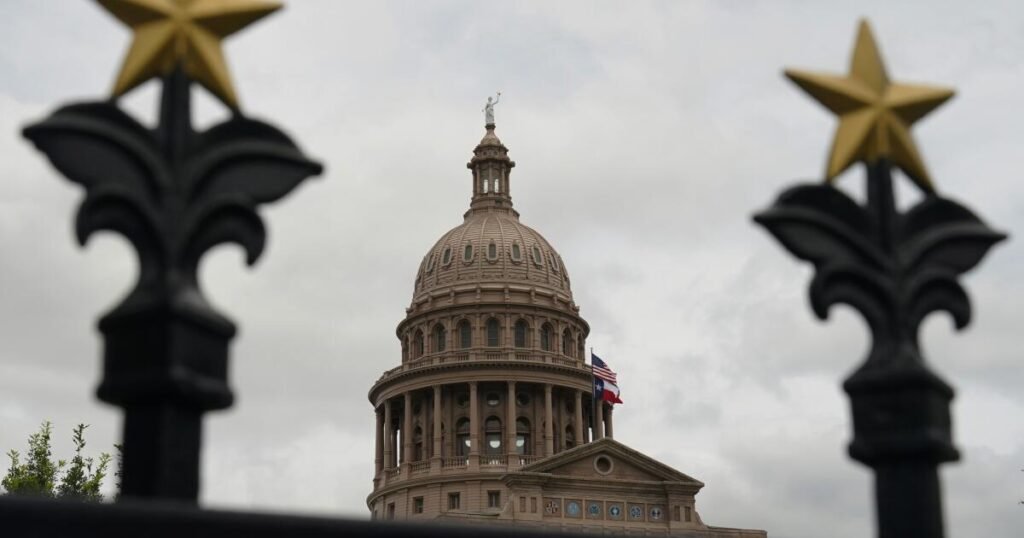California’s Gerrymandering Debate Resurfaces
In 2010, California residents made a significant decision, pushing for a redistricting process that took the power away from lawmakers in Washington and Sacramento. This shift, approved with a noticeable 61% to 38% vote, was aimed at ending routine elections. Proposal 20 handed the power of district mapping to an independent committee, encouraging competition in the state’s electoral races.
Now, Governor Gavin Newsom is contemplating reversing this change. He’s considering disbanding the independent committee, potentially allowing Democratic lawmakers to draft new district lines as the 2024 midterm elections loom.
This move, which appears to be a long shot, seems more like a strategy to further Newsom’s aspirations for higher office. It reflects a broader trend among politicians who seem to want to disregard public opinion, essentially telling voters, “Thank you, but we know best.”
An example of this can be seen in Missouri, where voters approved an increase in the minimum wage and mandated paid sick leave last year. Yet, recently, the state’s Republican governor signed measures to limit the wage hike and eliminate the sick leave requirement.
Other states like Alaska and Nebraska have also attempted to roll back similar voter-approved initiatives without success. Alexis Magnan Caraway from the Fairness Project remarked that when elected officials fear the will of the voters, it’s a troubling sign for democracy. And she’s right.
This behavior contributes to a pattern where primarily Republican-led states seek to undermine voter-backed measures on various issues, including abortion rights and healthcare expansion. It’s crucial to acknowledge that these initiatives were supported by a mix of voters—Democrats, Republicans, and independents alike.
Chris Melody Fields Figueredo, from the Center for Voting Initiative Strategy, emphasized that people often cross party lines to support issues that impact their communities. By dismissing the will of the voters, lawmakers are exacerbating the public’s loss of faith in the system and government.
If politicians don’t take their constituents’ opinions seriously, one has to wonder: what’s the point of elections?
This development could be seen as a direct assault on the democratic initiative process. At least nine state legislatures have been considering laws that could hinder citizens’ ability to put measures up for a vote.
Sean Morales Doyle from the Brennan Center for Justice noted that while direct democracy may have its flaws, the answer isn’t to make it harder for citizens to enact the policies they desire based solely on political disagreements.
In Texas, Republicans are maneuvering to potentially eliminate up to five Democratic seats, aiming to strengthen their party’s influence going into the 2026 elections, with Trump backing these efforts.
This mirrors the actions of California Democrats who, like Texas Republicans, are attempting to reshape congressional maps in a way that favors their party. Newsom argued that there’s an urgency in addressing these political realities.
Yet, it’s tough to justify sidelining California voters’ wishes when it comes to their own district representation.
If Newsom follows through with his threat, there are two possible routes: he could attempt to enact new district legislation through litigation, leading to a court decision, or he might push for a special election to dissolve the independent committee, even if it comes at a hefty cost.
Essentially, Newsom’s message is clear: he’s willing to spend substantial taxpayer money to revert to a system where politicians can manipulate boundaries behind closed doors. That kind of approach, quite frankly, reeks of arrogance.
In a time when democratic integrity is crucial, politicians should respect electoral outcomes, favorable or not. If they don’t, then what’s the very essence of an election?







